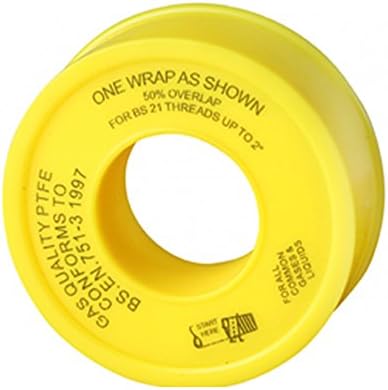kevenh
Free Member
This looks useful for starting out with motorhome gas installs.
For example: The last few times I’ve been in our gas locker I’ve noticed a smell. It’s very minor because opening the door clears away the smell. There’s no hiss.
We’ve rubber tubes and a recently changed propane bottle,
I have turned the locking nut a little tighter for possibly a small improvement.
We have made extensive use of our gas heater while in the motorhome.
I’ll look at making up a spray to check better on what the cause of the smell is.
Now we’re home and the gas has been shut off there’s no smell.
For example: The last few times I’ve been in our gas locker I’ve noticed a smell. It’s very minor because opening the door clears away the smell. There’s no hiss.
We’ve rubber tubes and a recently changed propane bottle,
I have turned the locking nut a little tighter for possibly a small improvement.
We have made extensive use of our gas heater while in the motorhome.
I’ll look at making up a spray to check better on what the cause of the smell is.
Now we’re home and the gas has been shut off there’s no smell.
Last edited:


